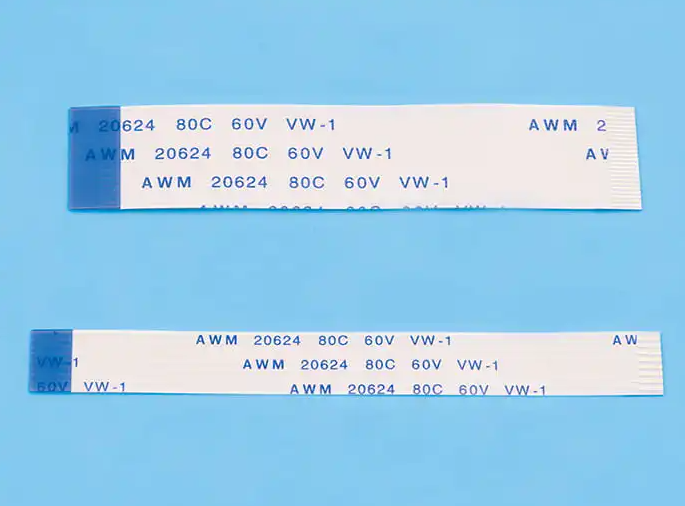Understanding the Factors That Influence the Durability of FFC Ribbon Cable Over Time

The durability of FFC Ribbon Cable is an important consideration for designers and engineers who rely on its compact and flexible nature for a wide range of electronic applications. Known for its flat profile and ability to fit into tight spaces, the FFC Ribbon Cable is commonly used in consumer electronics, automotive systems, medical devices, and industrial equipment. The ability of this cable to withstand mechanical stress, environmental factors, and electrical demands directly affects the longevity and performance of the overall system. When evaluating the durability of FFC Ribbon Cable, several key factors come into play, including the materials used, construction quality, and operating conditions.
FFC Ribbon Cable typically consists of multiple flat copper conductors laminated between thin insulating films made of materials such as polyester or polyimide. The choice of insulation material is critical to the cable’s durability. Polyester insulation offers good flexibility and resistance to wear under normal conditions, but it may degrade faster when exposed to harsh environments or elevated temperatures. Polyimide insulation, by contrast, is known for its superior thermal stability and chemical resistance, making it ideal for demanding applications where durability is paramount. The adhesion between layers also contributes to the mechanical integrity of the cable, preventing delamination during bending or flexing.
Mechanical durability is especially important because FFC Ribbon Cable is often subjected to repeated bending, folding, and twisting within confined spaces. The flat, flexible design allows for smooth routing, but continuous movement can eventually cause fatigue if the cable is not designed to withstand such stress. High-quality cables are engineered to endure thousands of flex cycles without significant loss of electrical performance or physical damage. This fatigue resistance extends the useful life of the cable, reducing the need for frequent replacement and minimizing maintenance costs.
Environmental durability is another crucial aspect. FFC Ribbon Cable may encounter moisture, chemicals, dust, and temperature variations depending on the application. Proper insulation materials and protective coatings help safeguard the cable from corrosion and deterioration. Additionally, some cables include shielding layers that protect against electromagnetic interference while also contributing to physical robustness. Temperature resistance ensures that the cable maintains flexibility and insulation integrity even when exposed to heat generated by nearby components or external conditions.
Electrical durability should not be overlooked. The copper conductors within the cable must maintain consistent conductivity and resist oxidation over time. High-quality copper with proper surface treatment helps prevent signal degradation and power losses, ensuring reliable transmission throughout the cable’s service life. Additionally, the cable must be compatible with connectors and terminations that maintain strong, low-resistance contacts to avoid intermittent failures.
In summary, the durability of FFC Ribbon Cable is a function of careful material selection, precise manufacturing, and the operating environment. When designed and used correctly, these cables offer excellent resistance to mechanical fatigue, environmental stresses, and electrical wear. This makes them suitable for a broad spectrum of applications where compactness and flexibility are essential without compromising on reliability. Understanding these factors allows engineers to choose the right cable that balances performance with longevity, ensuring sustained functionality in even the most challenging conditions.
Product Feature:
High-quality flexible flat cable - FFC ribbon cable, standard pitch, multiple pin counts, reliable data connection, durable flat ribbon conductors
- Art
- Causes
- Crafts
- Dance
- Drinks
- Film
- Fitness
- Food
- Oyunlar
- Gardening
- Health
- Home
- Literature
- Music
- Networking
- Other
- Party
- Religion
- Shopping
- Sports
- Theater
- Wellness


